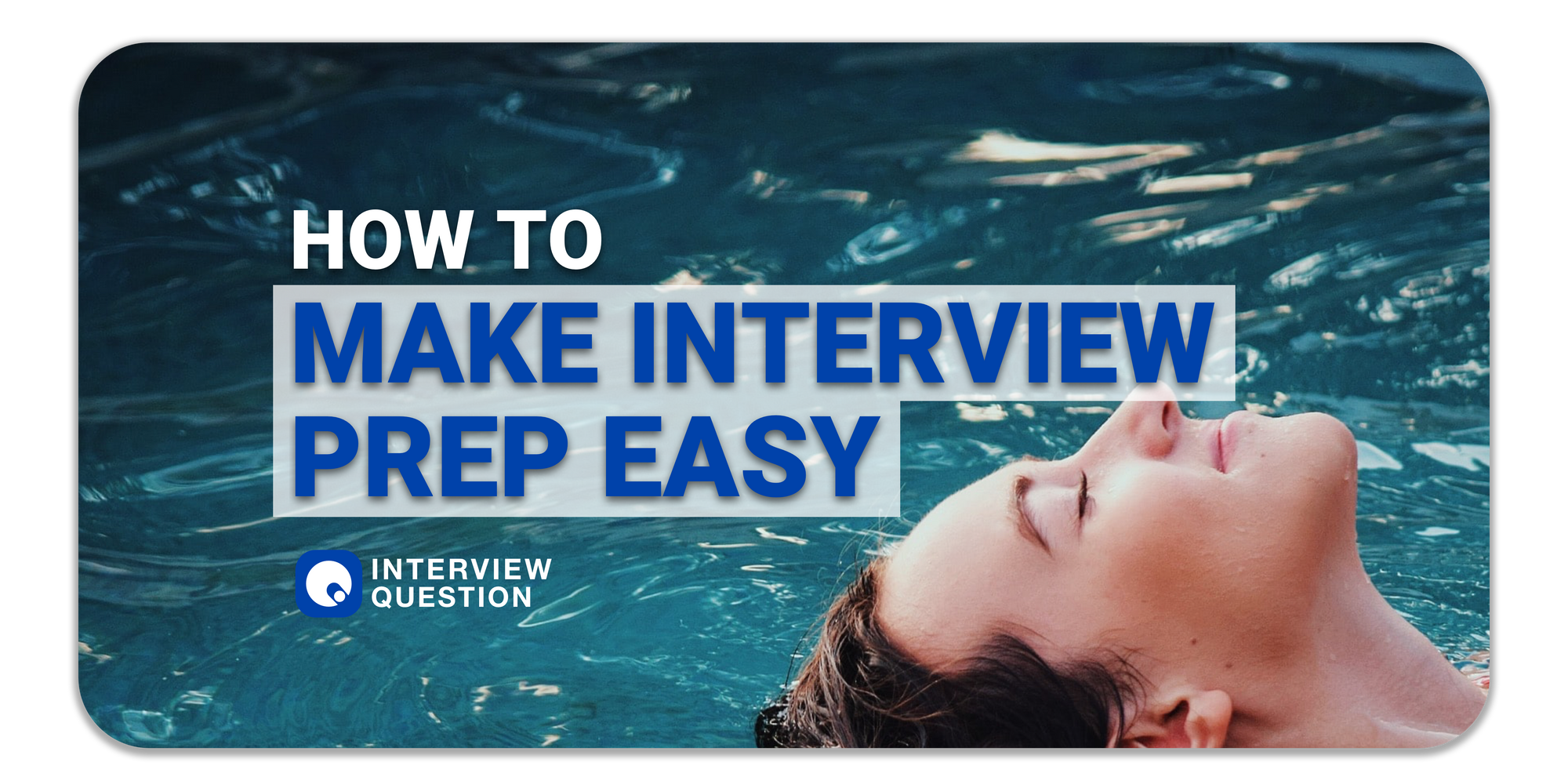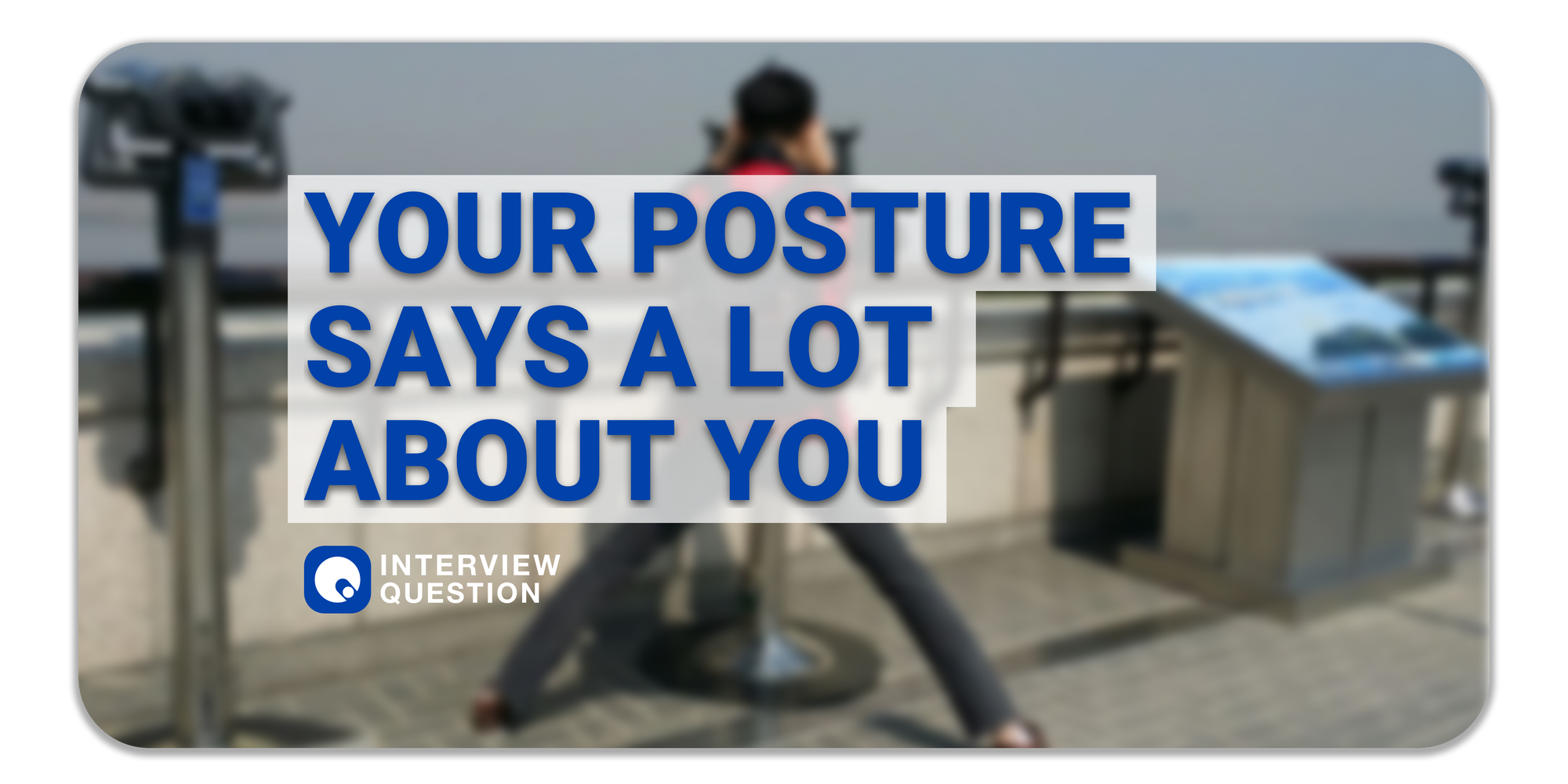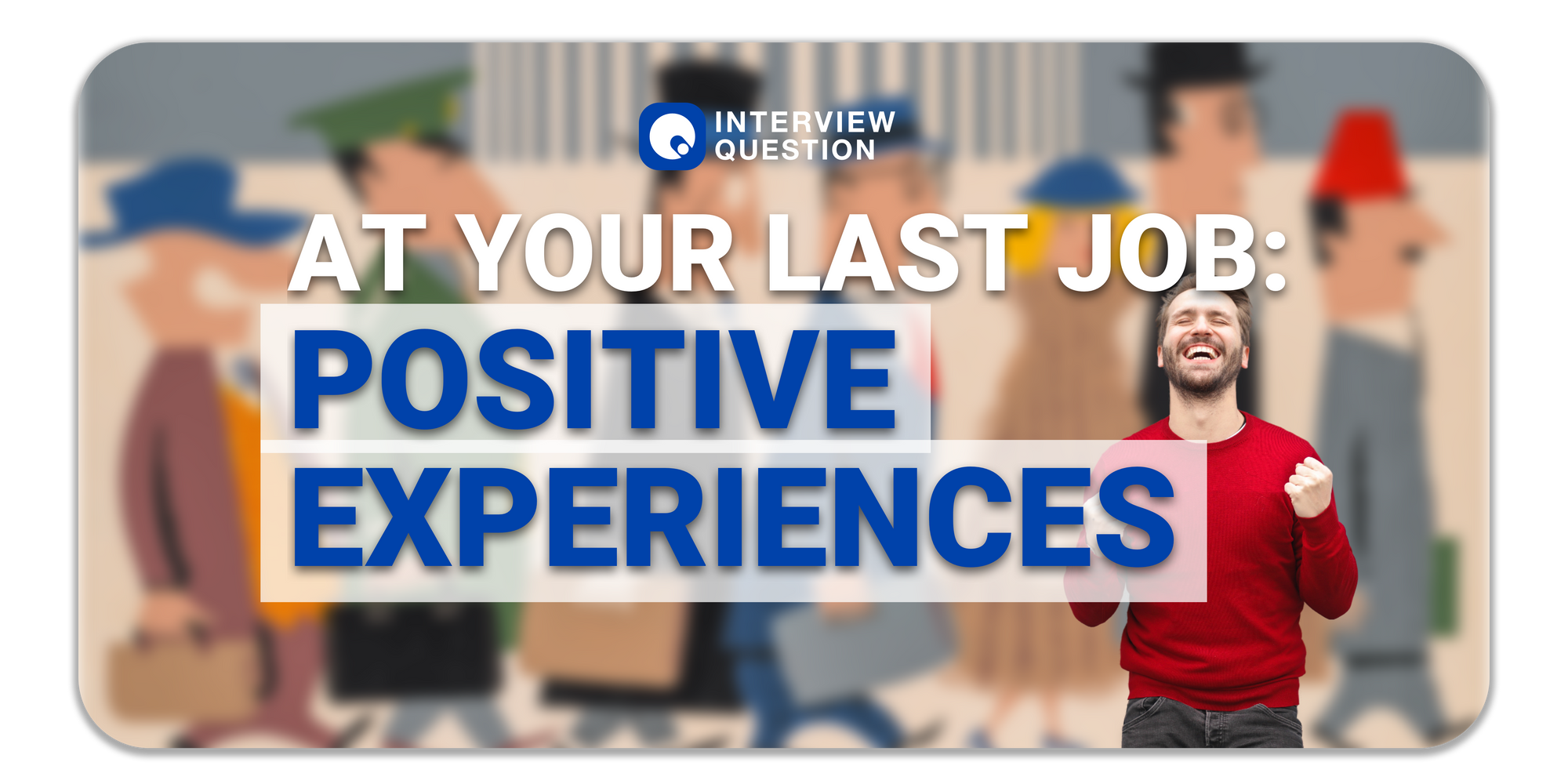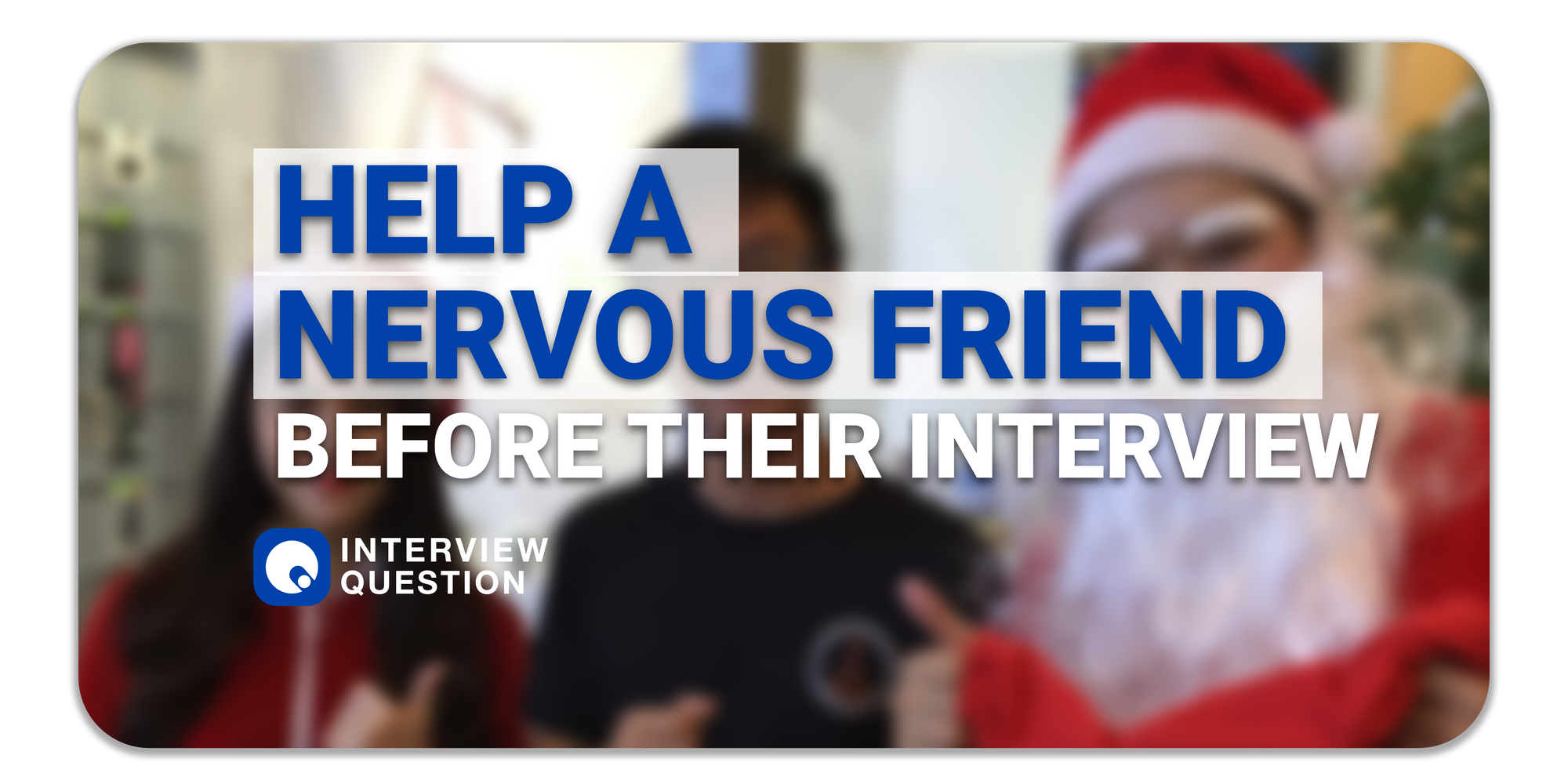What Makes Interviews So Scary? How to Do an Interview and Not Feel Nervous
Reasons why interview fear happens | How to do well in a scary interview | Body language | Dress well | Flaunt correctly

When you’re a job hunter, you sit on the far end of the table. As an interviewer, the thought of going out and meeting with potential employers can be nerve-wracking. Most interviewers are seasoned and all interviewers are well-prepared. For you as an interviewee, you need to look great, speak intelligently. Plus, there is a load of competition for every seat - 30 people fighting for 1 seat? That's the norm now. There is a standard to hold up.
The pressure causes interview fear.
Most people dread the idea of being interviewed - it’s one of the most dreaded parts of job hunting. However, your nervousness is justified. It goes without saying that an in-person interview will be more difficult than sending answers via email.
Why? Because you are meeting another person in person to discuss their thoughts on hiring you as part of their team. An interview should not be taken lightly, even if you’re just applying for a simple entry-level position. Interviews are designed to test your skills and see how well you fit into the company environment.
The Reasons: What Makes Interviews So Scary?
Many people feel nervous when they’re preparing for an interview. There are a lot of factors that can make you feel anxious. Like doing research on the company, you can find things you aren't clear on. There could be no one (you know) who you could ask questions. Or when you are thinking about what you should wear, or just the general sense of uncertainty. These can bring up nervousness and fearful feelings. Negativity can make interviews scary.
However, these emotions are natural and can be helpful in the long run. It’s good to familiarize yourself with what will make you feel anxious so that you can simplify the interview preparation process and also know how to deal with it before your interview starts.

How to Do an Interview and Not Feel Nervous
The first step in feeling confident during an interview is to know what to expect. The interviewer will be asking you some questions about your experience and qualifications. You should already have a script ready ahead of time so you don’t forget anything important. Key points should be memorised. Plus, it also helps to practice with a friend beforehand as well so that you aren’t reading off a piece of paper.
Preparation can help relieve the pressure of an interview.
When you are meeting with an interviewer, it is vital that you are prepared for all the possible questions and topics they might ask about! What are their company values? What does their company culture look like? What is their history?
Be detailed in your preparation. Go beyond the typical grooming and rehearsing. Reach into ideas that common interviewees forget to prepare, like: tweaking the points in your script to match the company's cultural profile. (You can only know the culture when you've spoken to someone in-person, so you can't search online on Google Reviews or glassdoor and say you got a firm sense of the company culture.)
There is no better way than to find out these things ahead of time. When you meet with them face-to-face, there won’t be any awkward moments. A lower chance where you didn't know how to answer a question or feel uncomfortable talking about something they might not want to hear.

If you are feeling nervous or anxious during the interview itself, you have to calm down. You can do this by controlling your breathing, your thoughts and also by adjusting your body posture.
Focus on the positive aspects of your past experience and of the current interview. The good things you can highlight. Do not dwell on the negative.
They might ask you personal questions about your family and what type of people make up your social circle. These topics can make for a good icebreaker. Be yourself and get absorbed into conversation; break the ice. And if they do ask more difficult questions about your past, be sure not to let them get under your skin - remember why this interview is happening in the first place! Stay positive throughout.

Be aware of your body language and tone of voice
The first thing you need to do is be aware of your body language and tone of voice. These are not things that you can control. External factos are, but, essential to maintaining a sense of calmness during the interview.
The best way to do this is by practicing with a friend at school or FaceTime at home beforehand so that you know what to expect when walking into an interview. Practice standing up straight, maintaining eye contact with the interviewer, and speaking in a polite tone as part of proper body language. Add pauses. Use short sentences. Interlace with more complicated vocabulary. Then swap back to layman language. Show a variety and your versatility. Before the interview, your friend can also encourage you and reduce your nervousness.


Body language is also something that can't be trained for, but you can be conscious about it. Slow down, think before you act or speak. Your interviewer will be watching for signs of nervousness or aggression. You want to make sure that you're giving off a confident vibe and not one of nerves!
Dress to impress: Be polished and professional
First, dress to impress. If you want to be taken seriously in an interview, you must look the part. A good rule of thumb is that if your interview is in a professional office or business attire. However, it's not just about what you wear - be confident and alert! As soon as you walk into the room, make eye contact with everyone in the room and focus on your interviewer.
Second, know what your interviewer wants from you. The purpose of the position. What are their expectations of someone assigned the job? If you don’t have an idea of why they are interviewing you or what they are looking for in an employee, researching them beforehand will give you peace of mind. Websites like Glassdoor can be helpful for this type of research. Otherwise, you can just ask them straight out during the interview.
Ask them questions that relate to their industry and culture: What kind of work environment you will be working in?
- Who will I be working with?
- What are some common company practices?
- What values do they uphold?
- How would I fit into this company culture?
This information will help prepare you for the interview and aid in building your confidence throughout the process.
Don’t flaunt your skills or talk solely about your experience
The interviewer will most likely be more interested in how you fit into the company’s culture. It’s important to show that you are enthusiastic about their company and share some of your personal values.
Avoid talking solely about your experience or skills. Those can get repetitive or boring for the interviewer. Boast on the right things, say those right things, that will make you stand out.
Instead, focus on what makes your personality different from others that have applied, as well as why you would be a good fit for their company. You have to show why you are better than all those other candidates. It is a competition and a fight. Like musical chairs, there are more people than seats. You don't want your butt to smack on the hard floor.
Be well rounded during the interview process
Be honest about what you know and what you don't know. When you interview for a position, the interviewer is interviewing you as much as you are interviewing them. This means that it's important to be well-rounded during the interview process. Make sure that your skills are diverse and that they cover every section of the job description.
An example of how to prepare for this would be to create a list of questions that cover every topic in the job description - no matter how large or small it is. You should also make sure to research the company before going into your interview.
Reading about their history and mission will help give you a sense of what the company values most and whether you’d like to work there. This can also help answer any questions that may come up during your interview!
Conclusion
Interviewing for a new job is a nerve-wracking process. No doubt. You have to dress sharp, talk with confidence, be well rounded and remember that your body language and tone of voice are just as important as your words. Follow these tips and you'll be able to walk into the interview with your head held high.


